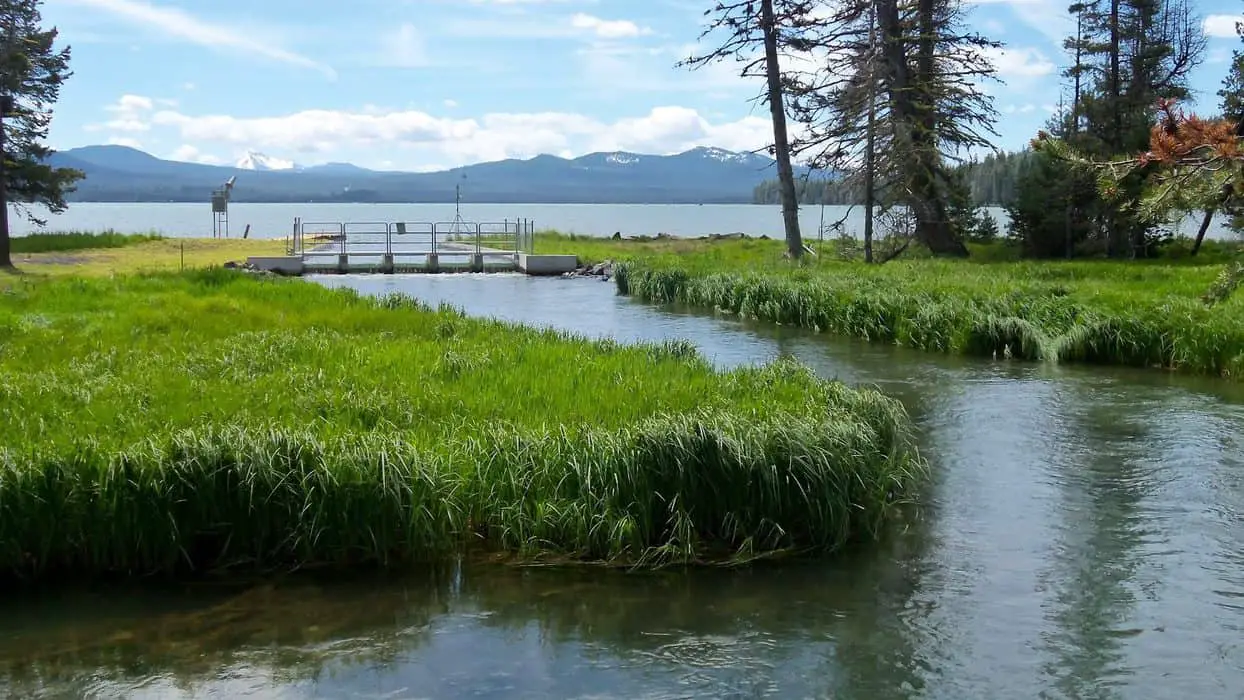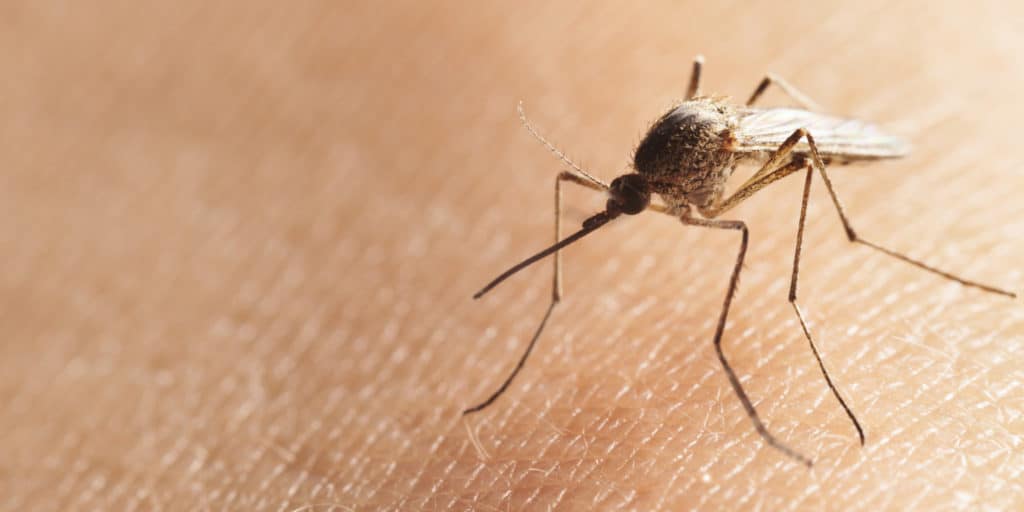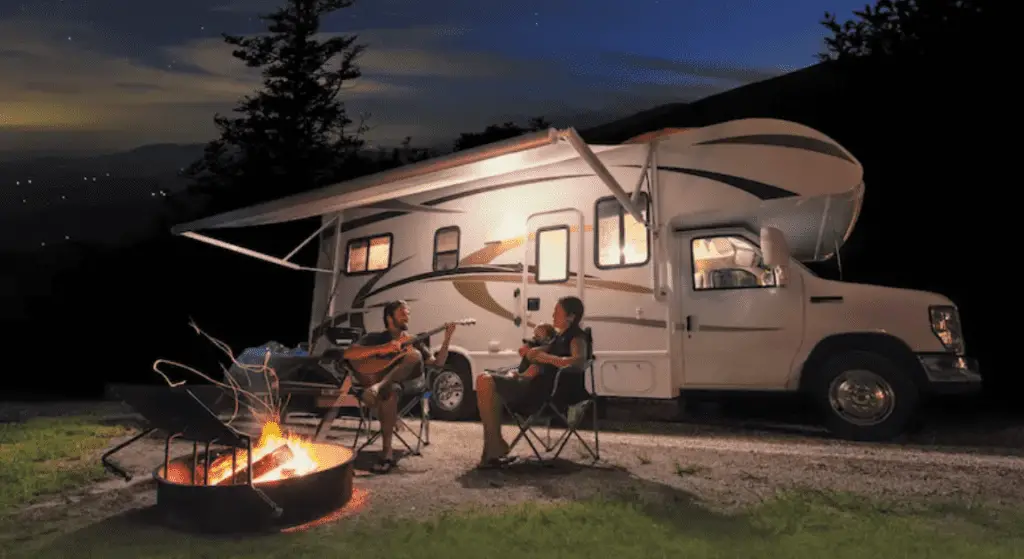Caravan and camping trips are a popular way to get outdoors for most families during the summer break. It is an activity that is especially enjoyed when the weather is hot. Although summer camping has its many pros, one major con is the bugs and insects that emerge during this period. The insect that tends to cause the most issues is mosquitos. It’s important to try your best to avoid being bitten by these as it can lead to itchy skin, uncomfortable bumps and even malaria in worst-case scenarios.
The best way to avoid being bitten by mosquitos is to keep them out of your caravan. There are many different ways this can be done, for example, by lighting a Citronella candle inside your caravan, installing mosquito nets, and even by simple things such as closing the windows and doors of your caravan. This blog post will look at more ways to keep mosquitos out of your caravan and the symptoms of getting bitten.
The following topics will be discussed in this blog post:
Where do mosquitos live

Mosquitos can be pretty annoying to deal with when you’re around them outside. However, they can be even more challenging to deal with when they find their way inside your caravan. They can also be quite dangerous as they often carry very deadly diseases. Fortunately for us in the UK, we don’t experience as many mosquitos here as people in tropical climates. However, with climate change, we are seeing more mosquitos now than before, with over 30 different species of mosquitoes that reside in the UK. This is why it’s so important to prevent them from entering your caravan. So, what is attracting these insects to your caravan?
They are attracted to stagnate water, which is water that doesn’t move or have a current. This includes something as small as a puddle or big as a lake. Mosquitos look for stagnate water as this is where they lay their eggs. Their larvae and pupil live in the water, where they mature into adults.
If your caravan is parked around stagnate water, you will likely see a lot of mosquitos. Lakes are a very popular place for caravans. However, you may want to think about how close to the lake you park your caravan, as the closer you are, the more likely you are to find mosquitos in your ‘van. One misconception about mosquitos is that they like dirty water, so staying near a clean lake means you will avoid mosquitos. This is not the case as some mosquitoes prefer to live in clean water, while others choose to live in more nutrient-rich waters.
The dangers of mosquito bites

It’s important to take extra steps to keep your caravan free of mosquitos. Although these insects are tiny and may look like they won’t cause much harm, this isn’t always the case. Usually, after a mosquito bite, you won’t experience much more than a slight bump on the surface of your skin and the occasional but uncomfortable itching. However, sometimes, your body may react worse to these bites since mosquitos carry diseases. Bites from mosquitoes carrying viruses or parasites can cause severe illness. In many parts of the world, mosquitoes tend to transmit the West Nile virus to humans and other mosquito-borne infections such as yellow fever, malaria, and encephalitis, which is an infection of the brain. It’s important to know the symptoms of a mosquito bite and to be able to identify when you should be seeing a doctor.
Mild mosquito bite signs include:
- A puffy, white or reddish bump
- A stiff, itchy, reddish-brown bump or multiple bumps
- Small blisters
- Dark spots that may be mistaken for bruises
More severe signs include:
- A large area of swelling and redness
- Low-grade fever
- Hives
- Swollen lymph nodes
If your symptoms include severe signs such as fever, headache, body aches and signs of infection, then you should visit your doctor. It’s also important to note that children are more likely to have a severe reaction than adults. In most cases, adults have had mosquito bites throughout their lives and become desensitised to the effects.
Keeping mosquitos out of your caravan

Now that we know the possible dangers that can come from getting mosquito bites, it’s important to know how to prevent these insects from entering your caravan. I asked Practical Caravan forum users if they have experienced any mosquitos in their caravan and which method they found most effective in keeping them out. One method that the majority of users found to be effective was burning a Citronella candle inside their caravan. These candles are made from Citronella oil which is obtained from the leaves and stems of different species of Cymbopogon. The oil is used extensively as an insect repellent and is excellent for keeping mosquitos away. If you are using this candle in your caravan, please be cautious about where you’re keeping it and make sure you didn’t leave it unattended to prevent any fires from breaking out. Citronella candles are available to buy from Go Outdoors. Click here for more detail.
Other great suggestions from forum users are anti-mosquito plugins. These can be plugged into your caravan and slowly release the repellent around your caravan through the night to keep mosquitos away. Some people may not like the idea of having something plugged into their caravan through the night. If this is the case, other options are available, such as mosquito repellent sprays. Go Outdoor have a wide selection of these. Click here to find out more about the mosquito repellents they have in stock.
Here are some other easy steps to follow that ensure your caravan is kept mosquito-free:
- Keep windows and doors closed
- Install mosquito nets
- Park away from water
- Throw sage into your campfire – this acts as a mosquito repellent
- Remain fully clothes
- Use electric bug zappers


